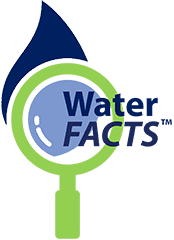Cooling towers are used to cool water for a variety of industrial and commercial applications. The water in cooling towers can become contaminated with minerals, bacteria, and algae, which can lead to scaling, corrosion, and the growth of Legionella bacteria. Cooling tower water treatment companies offer a variety of services to help prevent these problems.
